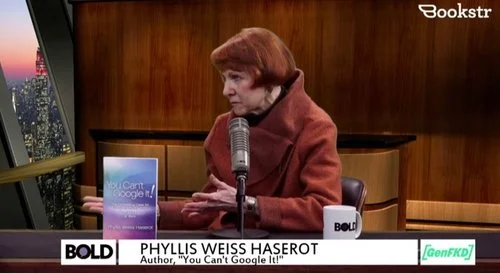New Definition of “Competence”: The Importance of Knowledge Transfer
/There is more knowledge to manage every day. Accordingly, the knowledge management field has been growing exponentially. But it is still largely viewed as part of IT (information technology) rather than incorporating the human forms of knowledge transfer as part of everyone’s job – a necessary competence. Further, most workplaces are multigenerational and need the insights and motivation to manage and transfer knowledge cross-generationally. Individuals and teams need to flex with typical generational preferences.
The knowledge transfer (KT) strategy needs to take into consideration knowledge-sharing dynamics. The human factors are often more difficult to navigate than the technical elements. In order to achieve necessary use and cooperation, different generations may tend to gravitate to different kinds of processes.
For example, one KM director found in his company that Boomers preferred a structured process with standard format, and Millennials wanted collaborative group interaction and new IT tools. This observation aligns with typical preferences of those two generations. Gen Xers use the IT tools but tend to be more independent in how they share.
Knowledge sharing and learning can and should be two-directional, regardless of which generations of the five in the workforce are involved. The transfer should occur from less experienced workers to more experienced as well as vice versa.
The level of digital savvy of the various generations may differ based on what was available and the ease of use at the time of entry to the workplace or before. But that is not the only barrier to KT. There can be individual personality, relational and organizational obstacles too. (For a list of those, contact pwhaserot@pdcounsel.com or youcantgoogleit.com/contact and request the KT obstacles checklist.)
Learn to consider generationally preferred media to communicate and absorb information: small nuggets at a time or larger amounts shared on a web site or article; straightforward or gamification format or competitive reward; desire for the newest tools and methods or need to understand the value first and offer support and training.
Forethought and making KT as easy as possible enables the best and least frustrating outcomes. In our fast-paced world and workplaces, optimal results come from the skill to address people where they are at, treat them respectfully and as a valuable part of the team and enterprise. Putting in the time upfront will pay off. Understanding, sensitivity to, and acting on generational preferences is an important part of a new definition of “competence.”
Contact me with your questions, and share your experience with KT issues among the generations.
© Phyllis Weiss Haserot, 2020.


